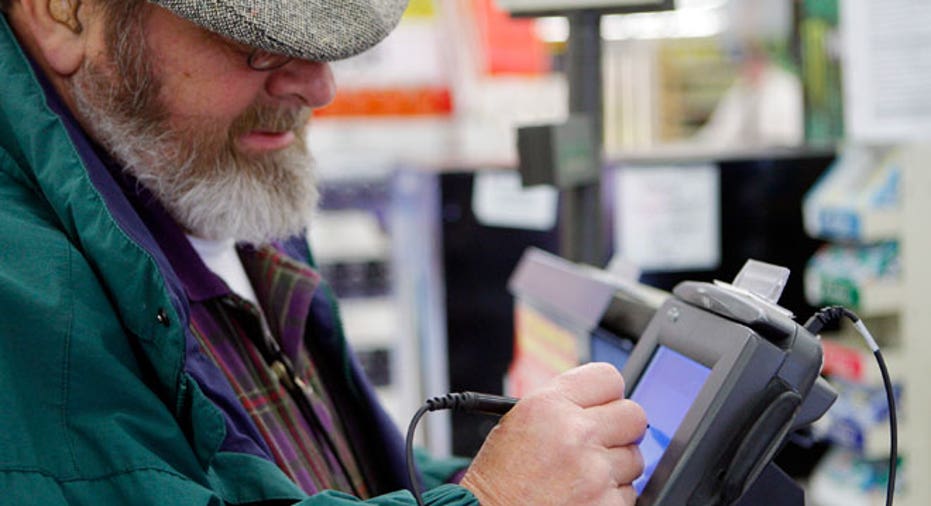Is the Primary Cardholder for Nonprofit Personally Liable?

Dear Your Business Credit,
I am the primary cardholder for a nonprofit charitable organization in Atlanta. If that organization does not pay the credit card bill, what legal course of action should I take? I am required to pay the bill, being the primary cardholder per the bank that issued this credit card. The card is used by that organization.
- Sham
Dear Sham,
It's not clear whether you're writing because the nonprofit has failed to pay your credit card bill or if you're worried about the possibility, but in either case, it's easy to understand why you'd be worried. Your credit score could be at stake.
I asked Michael Jeffrey Gunderson, a Chicago bankruptcy attorney, if you are responsible for the bill, as you assume. He said that if your cardholder agreement lists you as responsible, then you are in fact liable. Agreements vary, so read the fine print. "It depends on the original agreement and what it says," Gunderson says.
It's possible that you have a card agreement that includes joint and several liability, where you share responsibility for the debt with your organization. But even so, that doesn't get you off the hook for paying the bill on time. For more information, see Will I inherit my partner's debt if I go into business with him?.
If you are personally paying the bill and the charity is not reimbursing you, you may have a legal claim, but it depends on what you two worked out in advance. If you negotiated a verbal agreement that the organization would pay the bill, that promise may be hard to prove. For such an agreement to be enforceable, he says, "it would probably need to be contractual." With a written agreement, you may have more luck. A brief call to a lawyer in your state to find out what your options are would be worthwhile -- especially if you are owed a lot of money.
If you are worried about a hypothetical situation in which a nonprofit with shaky finances might not pay you back, I'd think twice about making credit card purchases on its behalf. There may be other ways you can contribute besides financing the organization's procurement. Perhaps you can help raise donations to cover the cost of the purchases you are making on your card. If you are using the card because it's convenient, consider asking the organization to use checks drawn on its bank account instead.
Your other alternative is to get an attorney to draft a written agreement between you and the charity that stipulates that you will be reimbursed for your expenses. That might lower your risk, but it doesn't eliminate it. If the organization runs out of funds, it will be hard to get paid back in the end.
It can be tempting to borrow to help those in need or support a worthy cause, but it's important to think about the long-term repercussions. Credit bureaus will hold late payments against you, whether you made the purchases for a charity or spent them on a new gadget at the Apple store.
See related: Church treasurer seeks credit card for purchases, Keeping business credit off of your personal record, 6 questions to ask about your company credit card



















